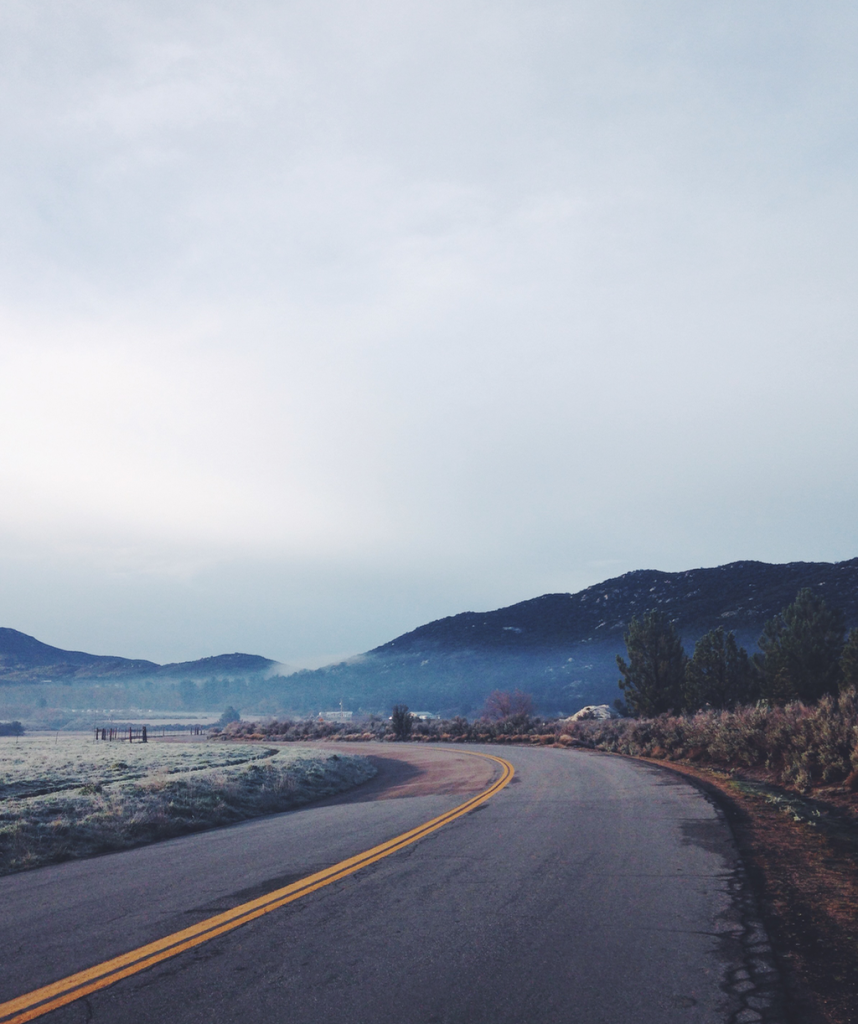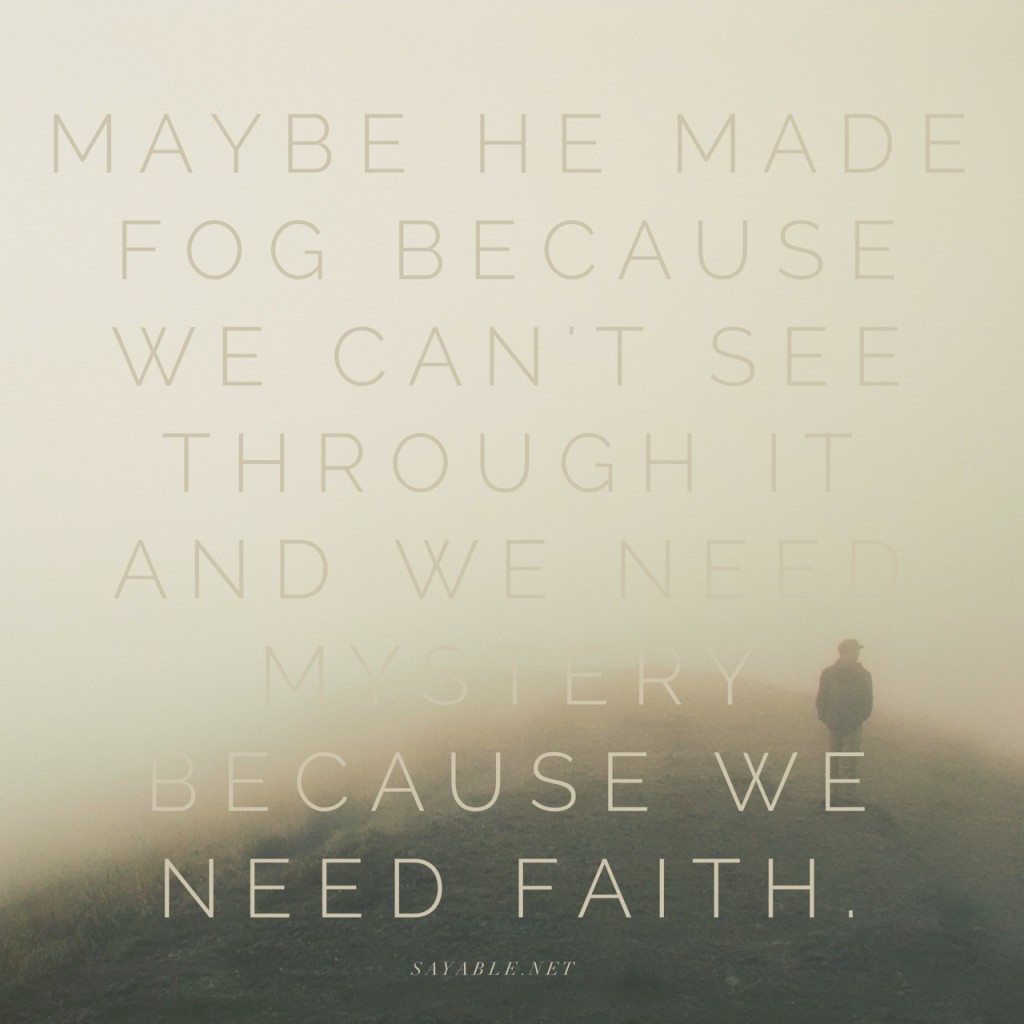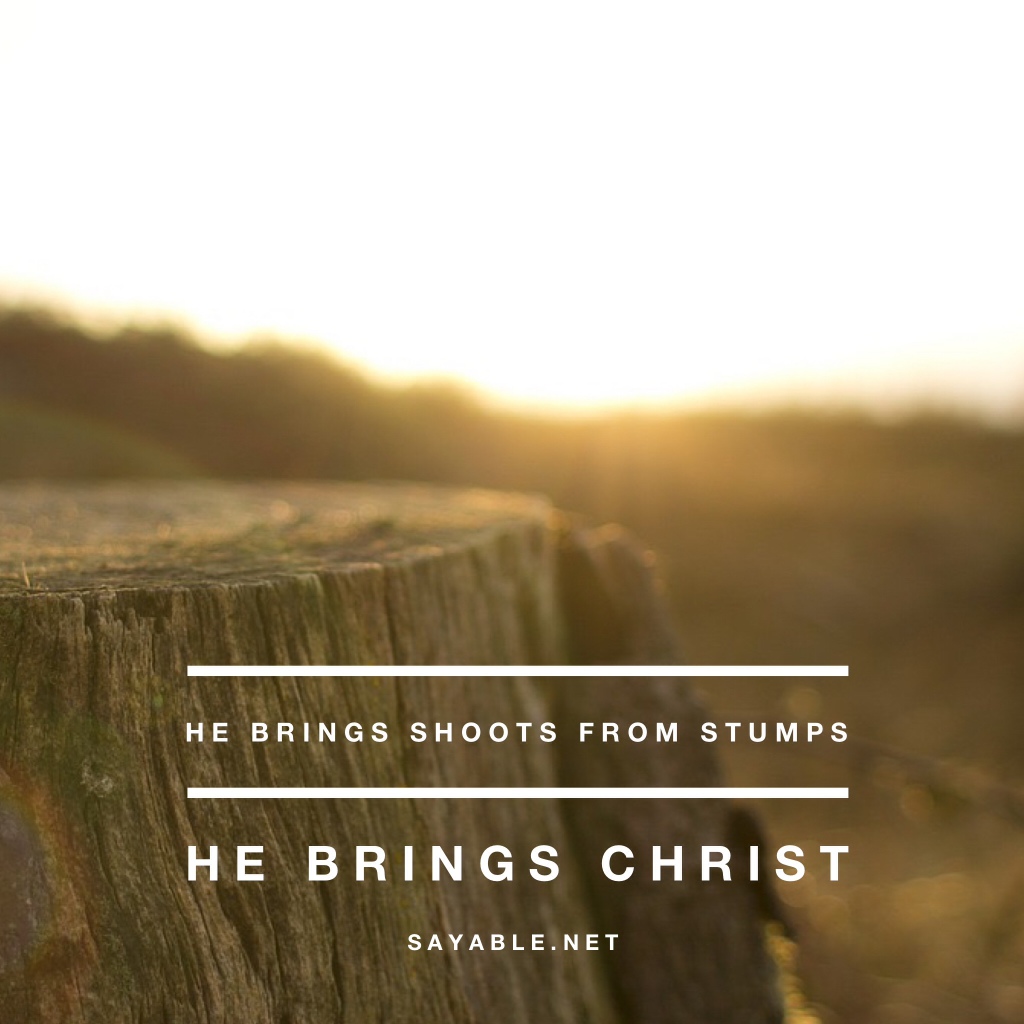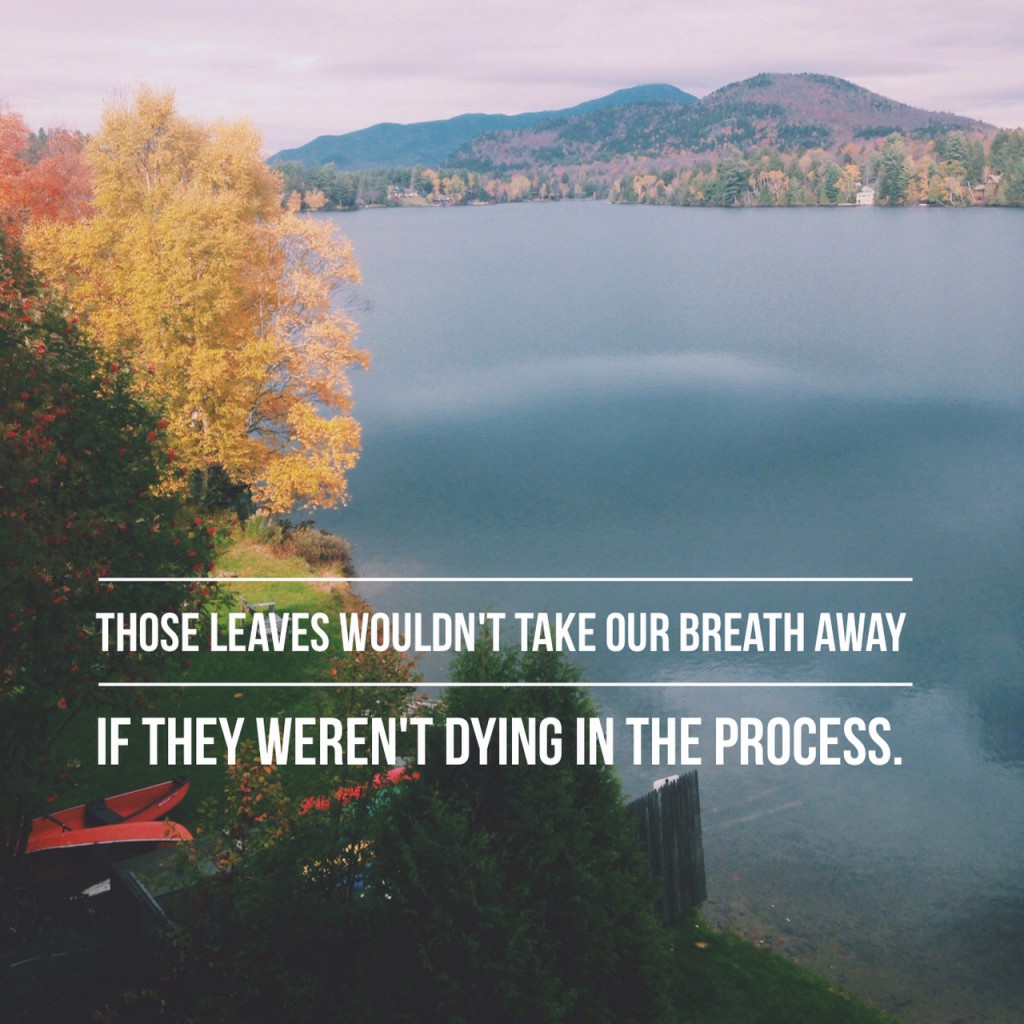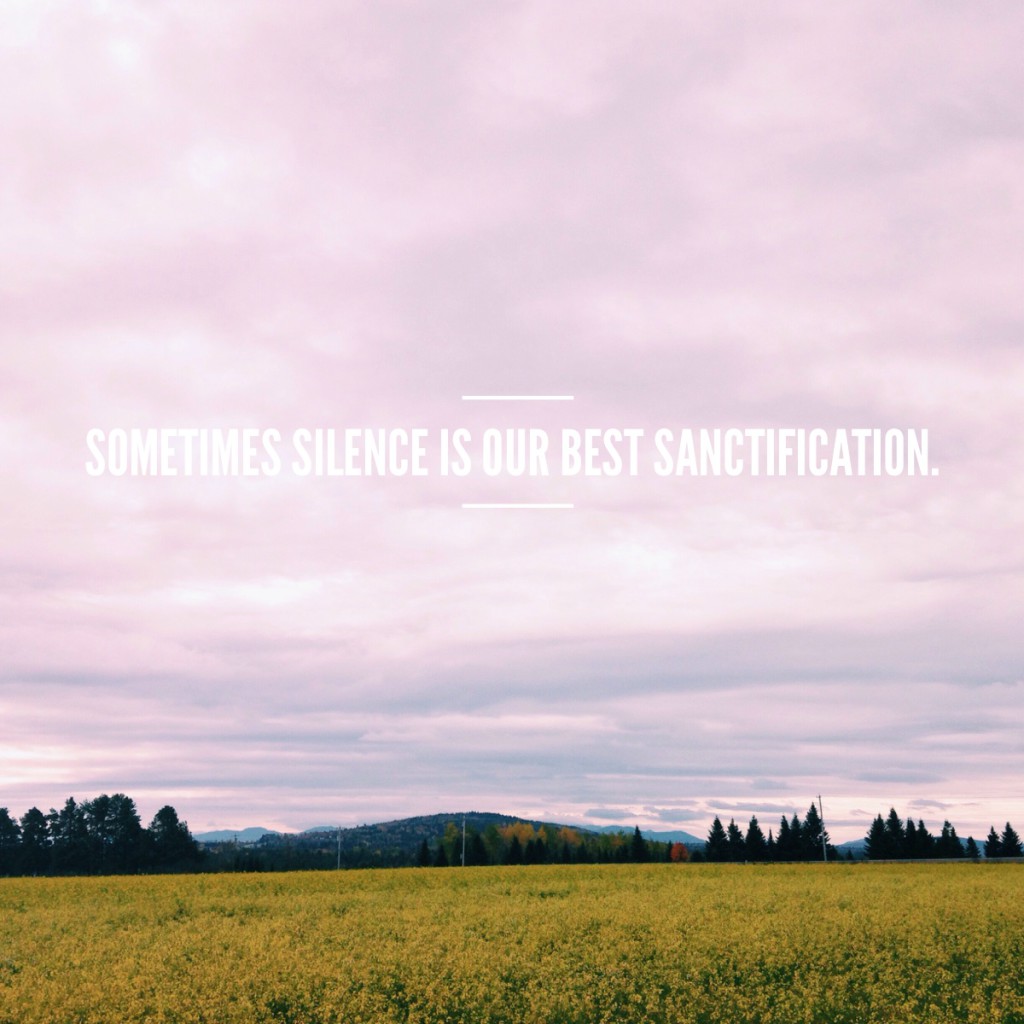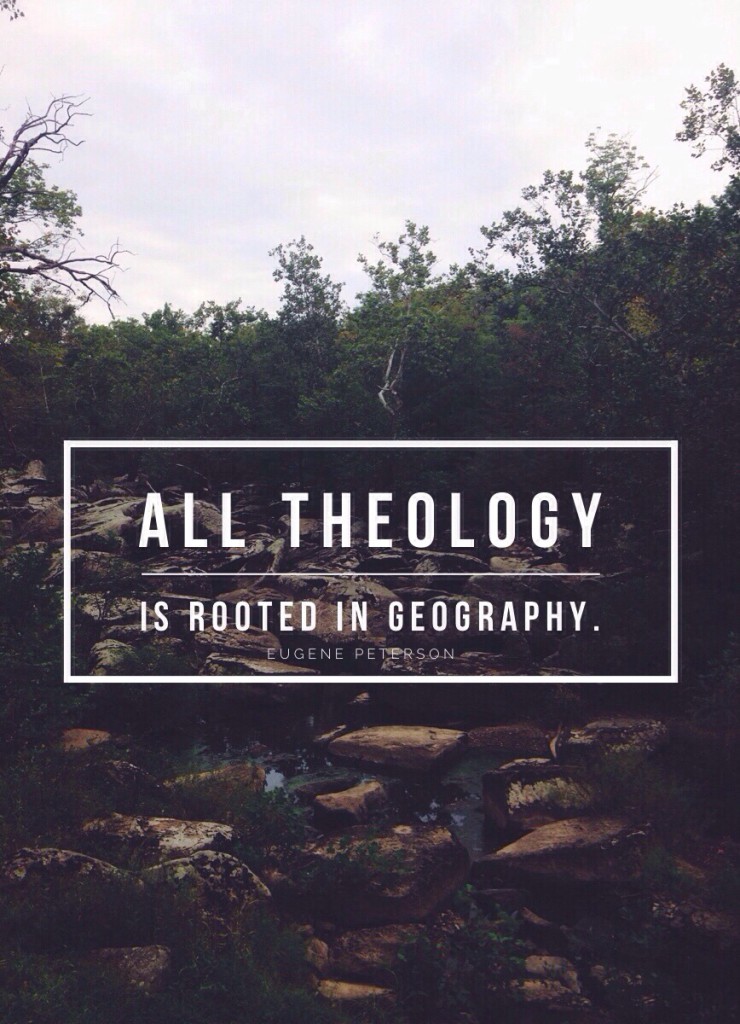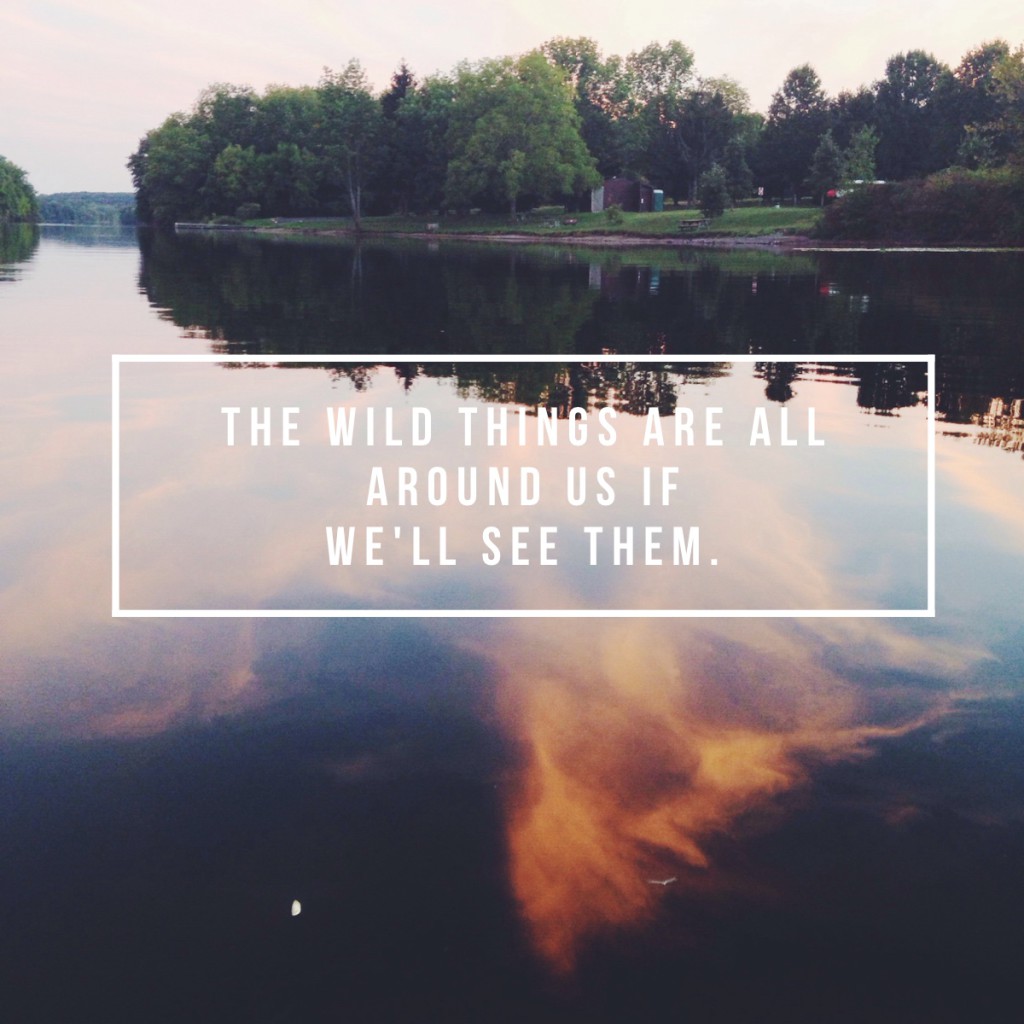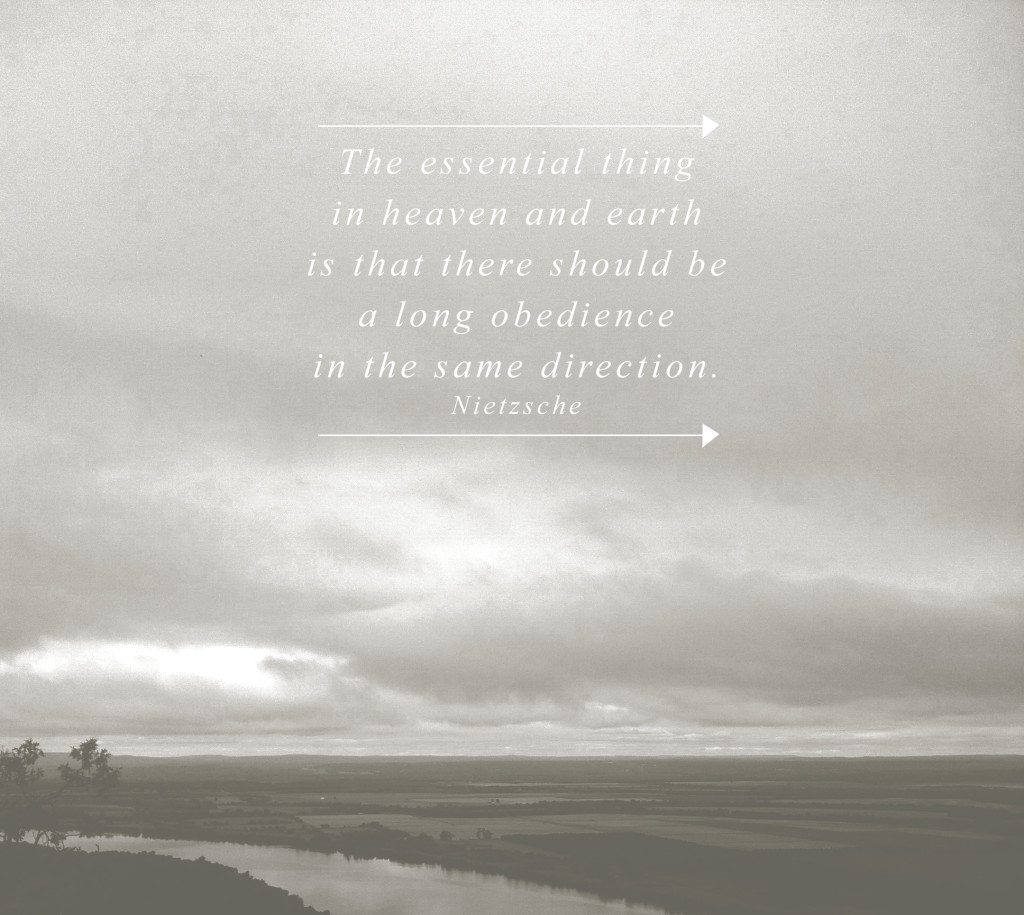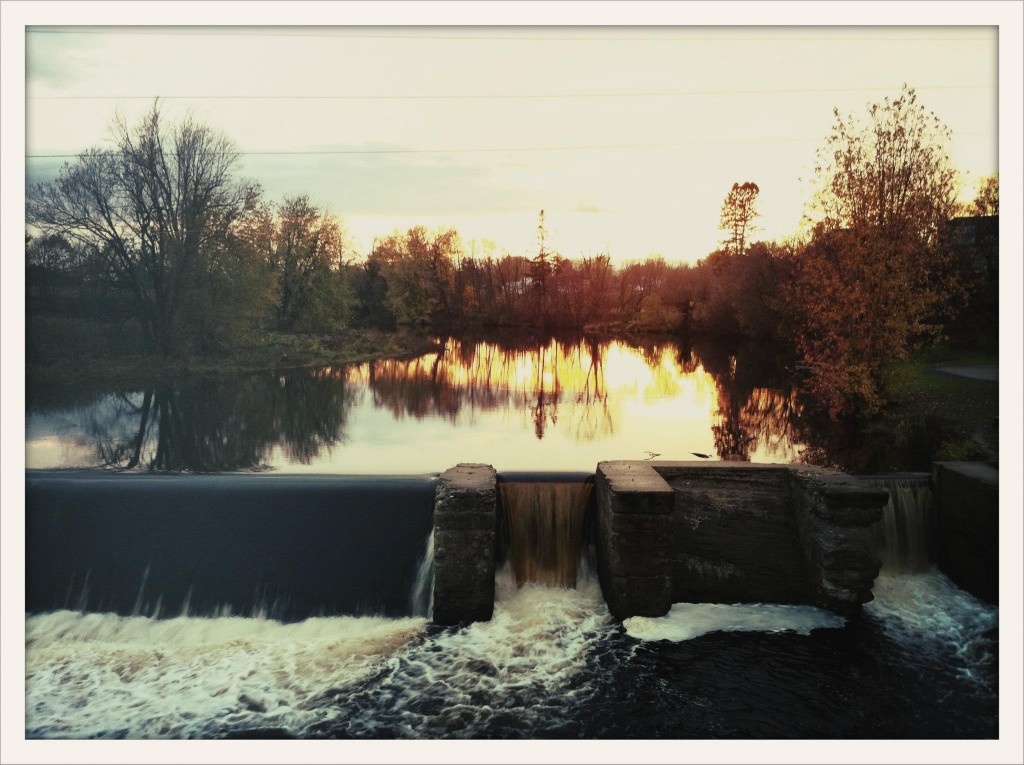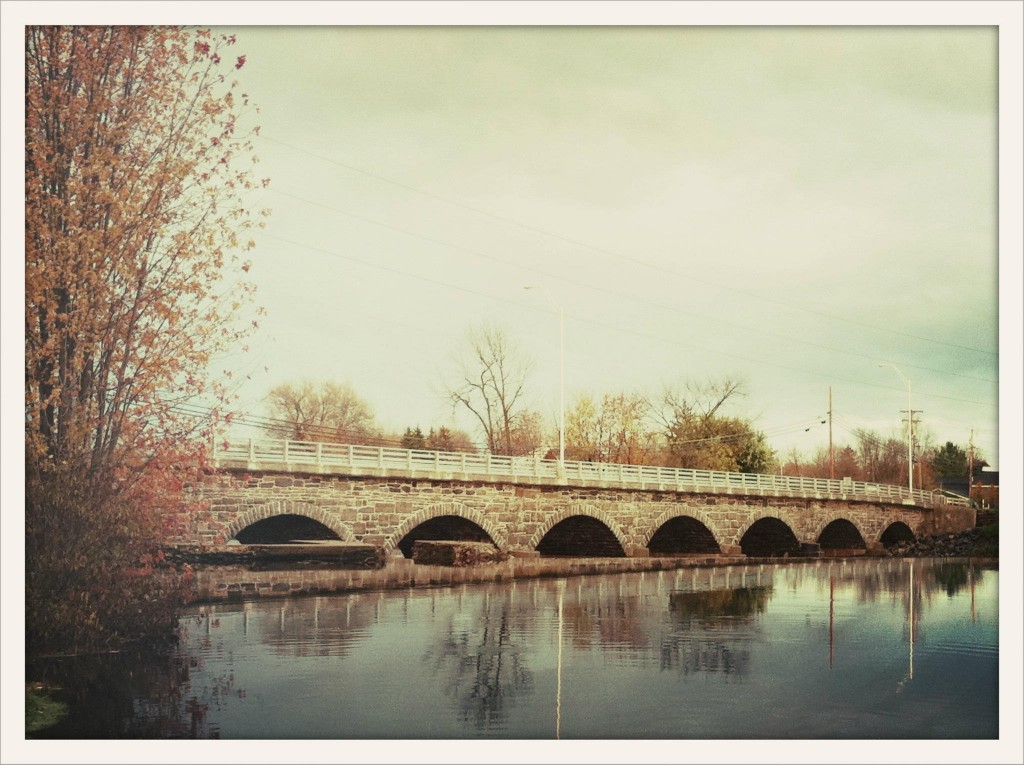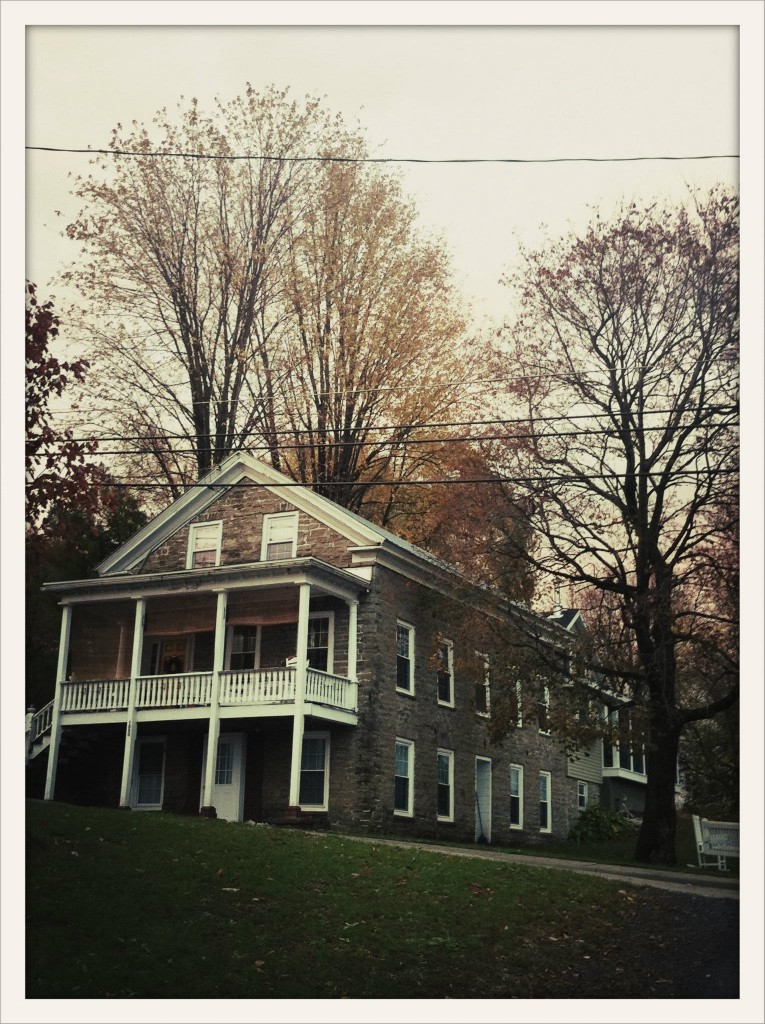Mirages and the Goodness of God
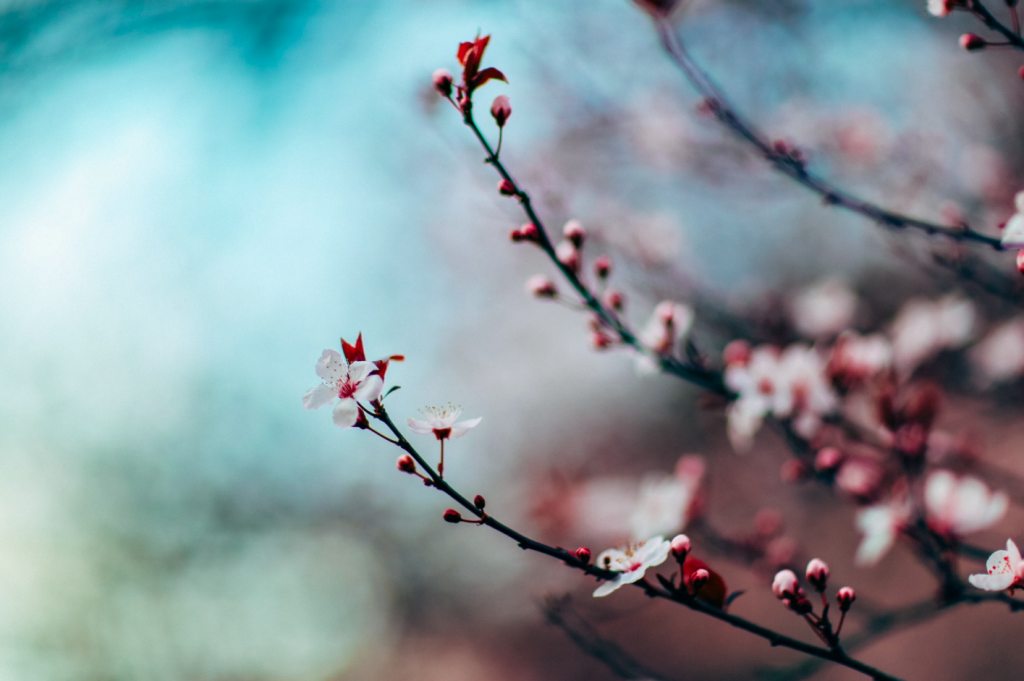 For the last five springtimes I have lived in a place where it actually did spring into spring. One day it was cold and brown and the next there was green everywhere, leaves growing full-size seemingly overnight. It went from a chilly 45 to a blistering 85 within days and spring had sprung. Texas has her charms, four full seasons are not one. Colorado is her bipolar cousin—albeit less blistering and rarely actually cold, her season changes are like light mirages from the hand of God: now you see it, now you don't.
For the last five springtimes I have lived in a place where it actually did spring into spring. One day it was cold and brown and the next there was green everywhere, leaves growing full-size seemingly overnight. It went from a chilly 45 to a blistering 85 within days and spring had sprung. Texas has her charms, four full seasons are not one. Colorado is her bipolar cousin—albeit less blistering and rarely actually cold, her season changes are like light mirages from the hand of God: now you see it, now you don't.
It wasn't the plan to be living back on the east coast so soon. We still feel so whiplashed and exhausted we lose track of things, times, and memories. I lost a whole day two weeks ago. I saw some charges in our bank account and could not remember ever being at either of those two places. Nate coached me into remembrance, but the memories are still slight, barely there. We are at this point of mental exhaustion. I want this season to be over. I want it to be like a Texas winter: frigid and short. Or a Colorado snowstorm: six inches in the morning and gone by mid afternoon.
I have been keeping an eye on all the bushes, shrubs, and trees around our home here. We moved in less than two weeks ago and they are all coming to life these days. I don't recognize a lot of them so it's a grand mystery for some of them. What color? What shape? When? It's as spring should be I think. Brown and stark for so long you've forgotten how beautiful it can all be—and how slowly it all comes back to life.
Last night we talked on the phone to a spiritual father of ours. He married us, counsels us, and loves us so deep and well I can't imagine ever losing him (or her). Thousands of miles between us makes conversation less often, but more sweet in some ways. It seems every time we've talked in the past six or seven months he spends most of the time reminding us of what we know theologically and have forgotten spiritually.
He tells us sometimes hard things happen because the world is broken and full of sin—and not because we're being punished for what we did or didn't do. He reminds us this is a season—and we are not promised a better one on earth, but we can be assured God is on His throne and knows intimately the length of all seasons. He reminds us to be grateful—for all the swirling difficultly around us, our marriage is solid rock and easy, and that is rare. He papas us. That's the only way I know to describe it. He reminds me of who God is by reminding me what God looks and acts like. It's felt brown and stark for so long, I've forgotten how good God is.
My writing desk is beside a window in our new house and every day the outside changes in small, incremental ways. So small you wouldn't notice unless you were paying attention.
A northeast spring is slow and takes three whole months, the way a season should be. The promise of summer is coming and the reality of autumn is certain to follow, ebbing into winter, and then, again, spring.

